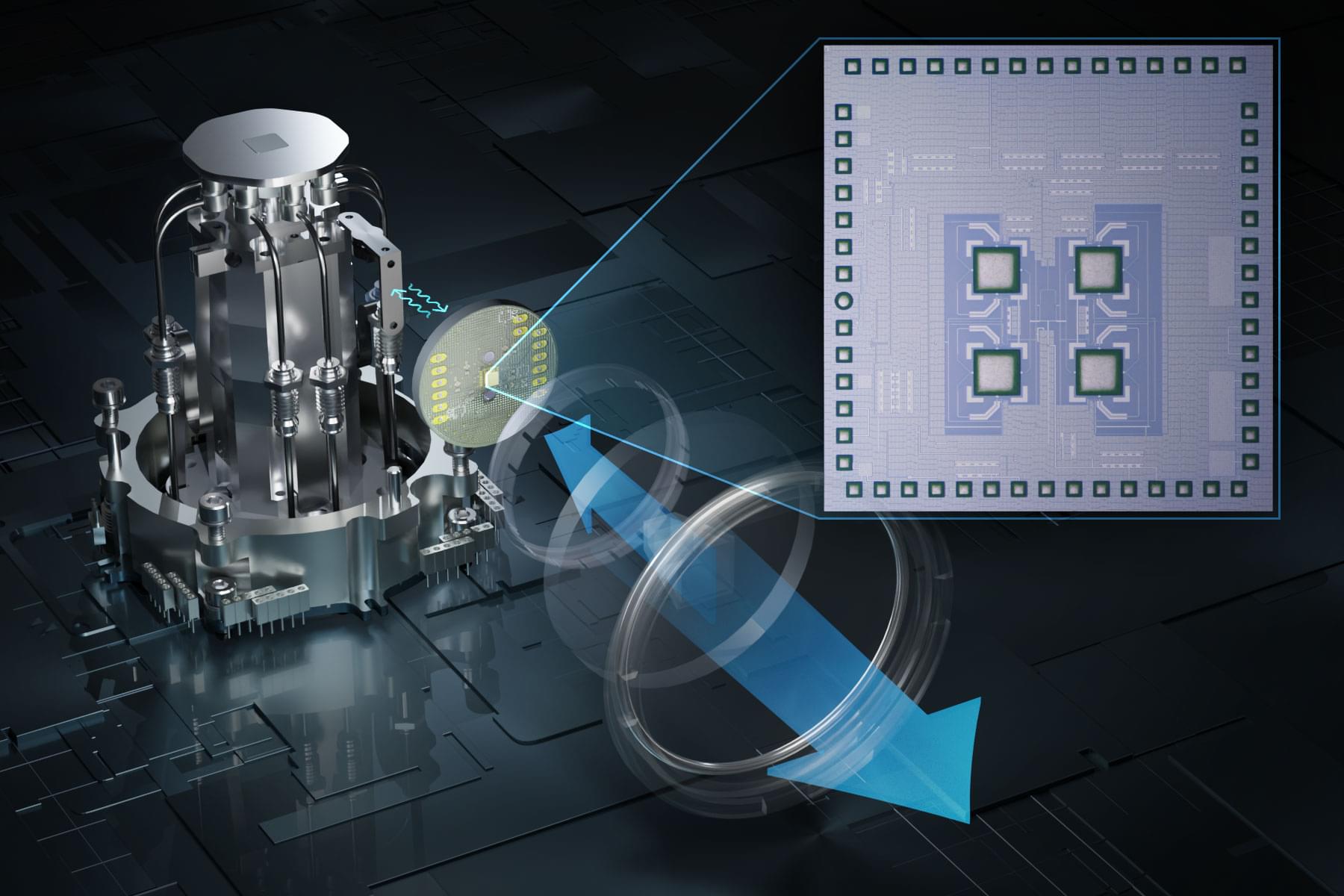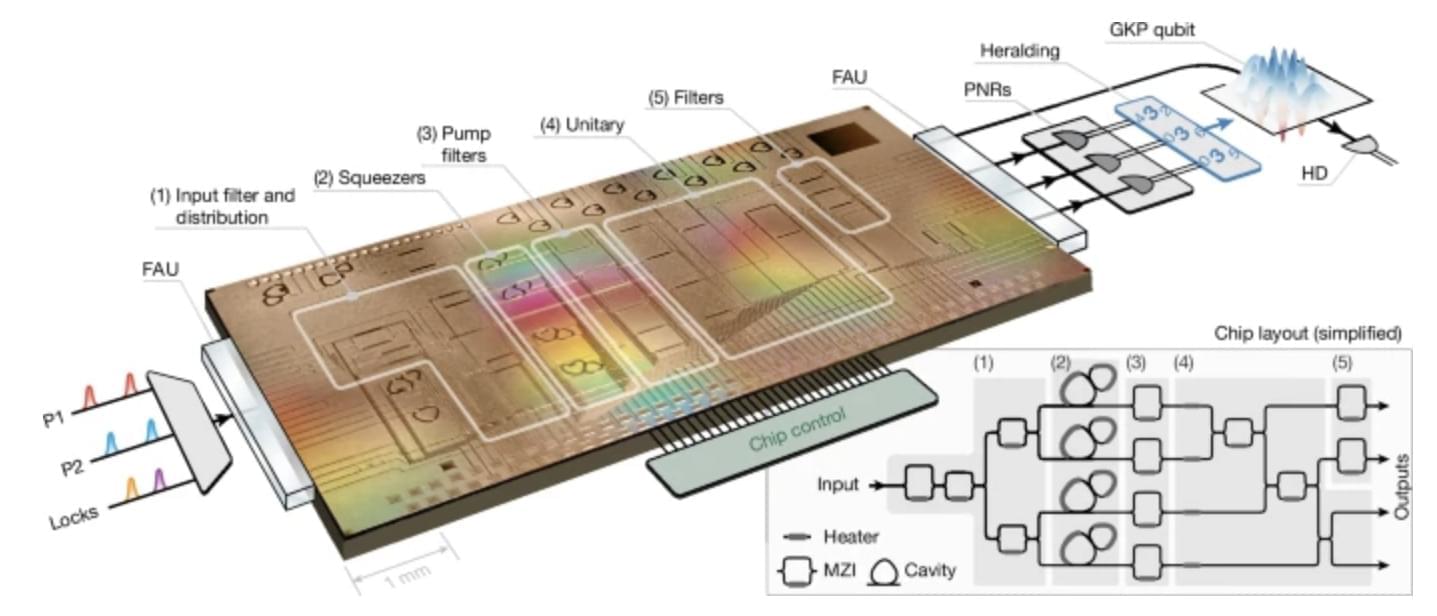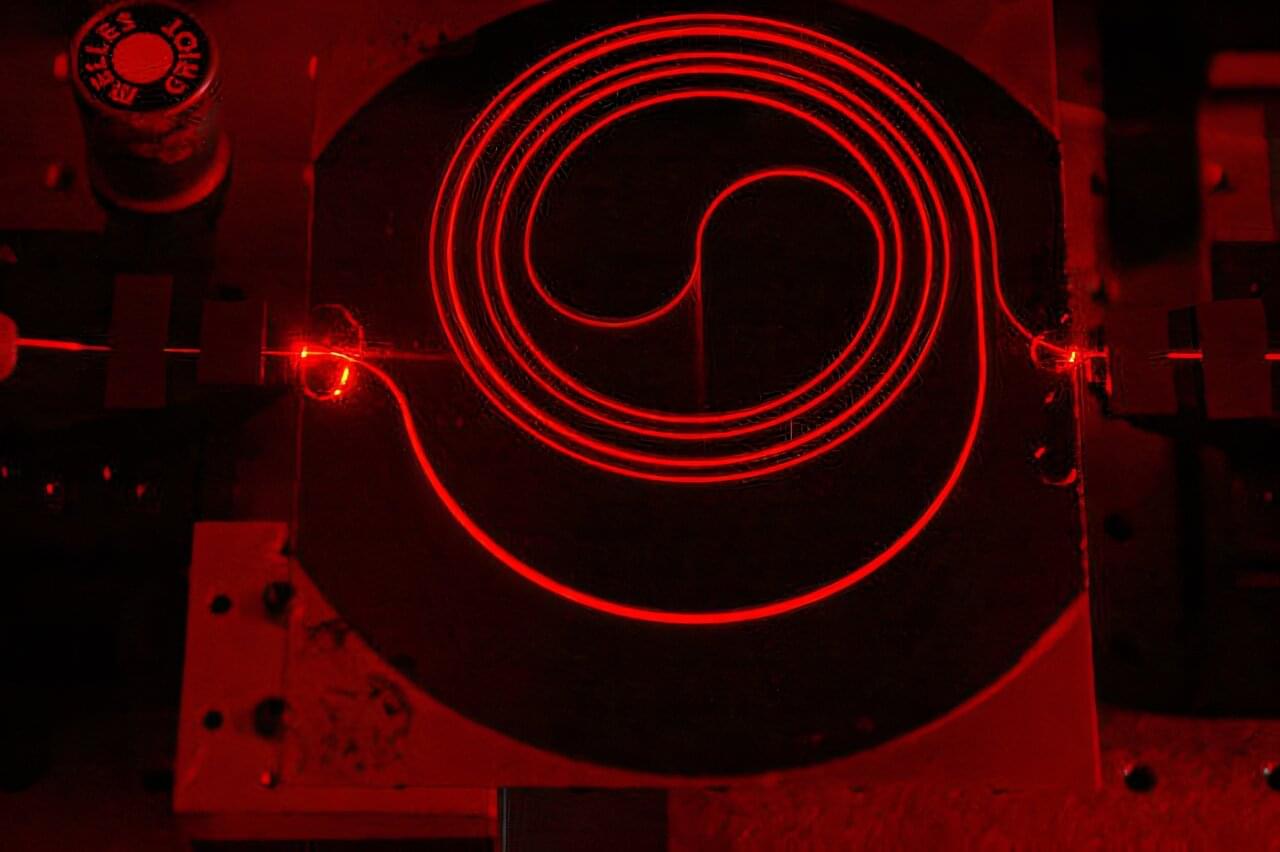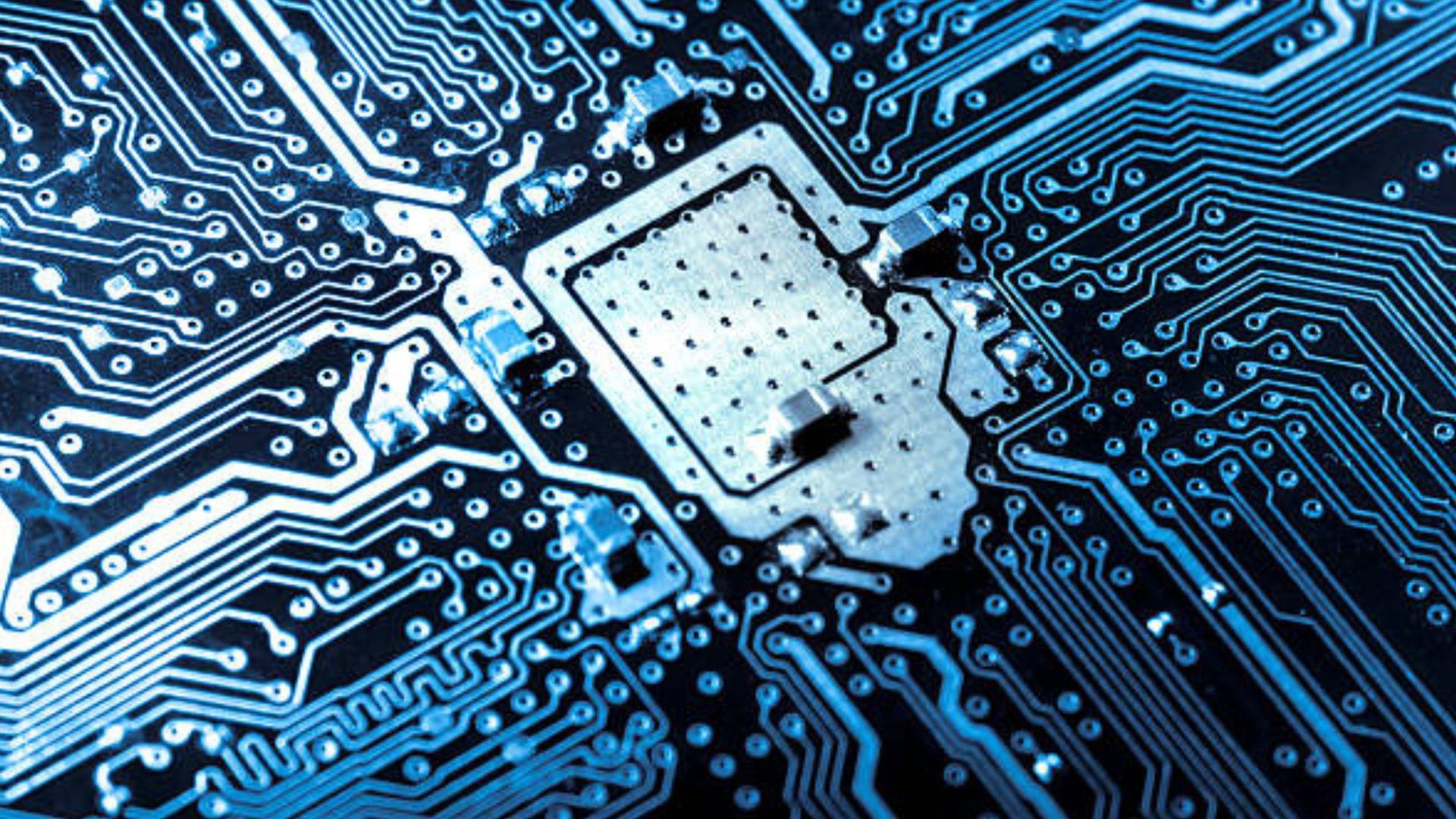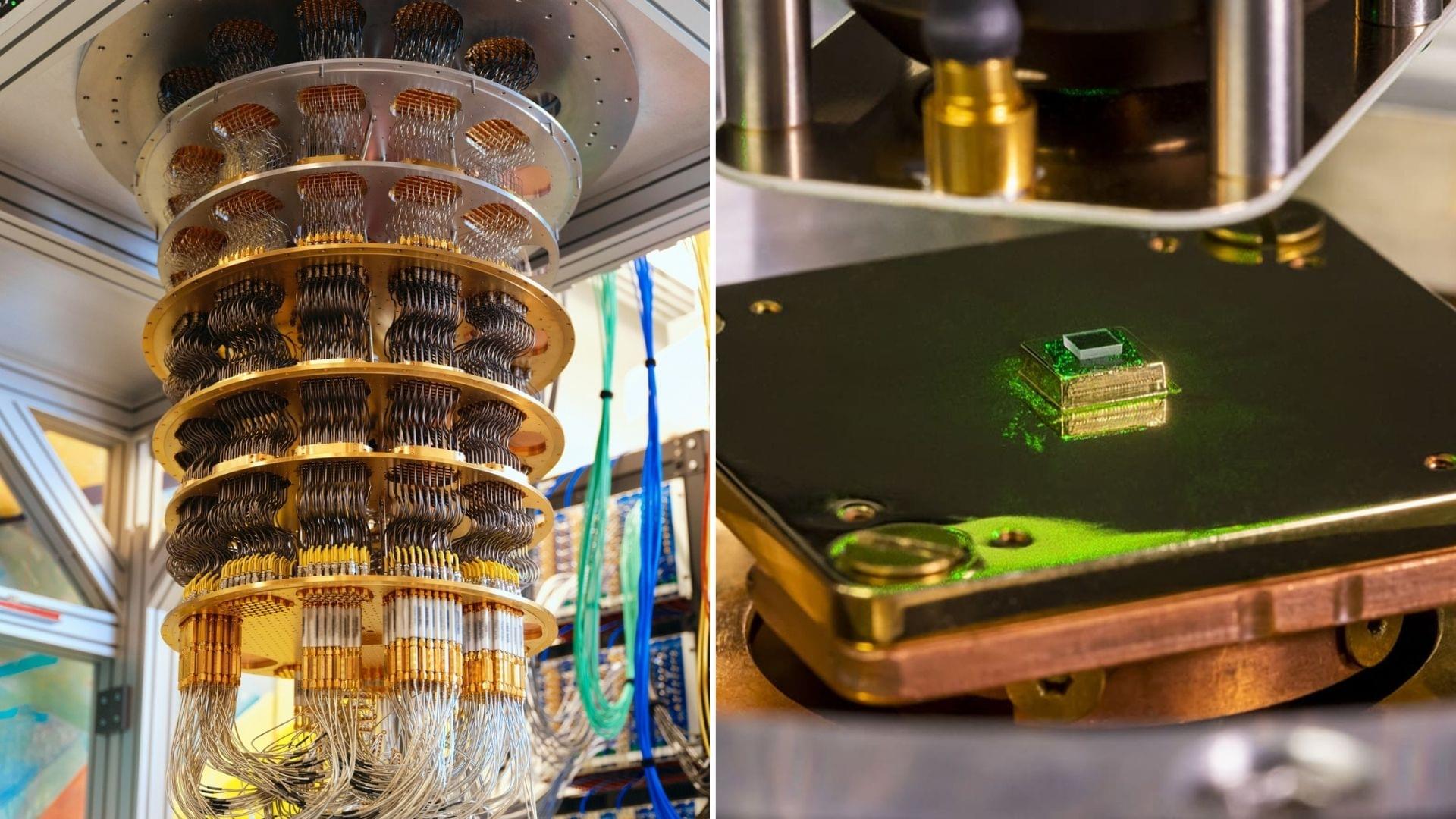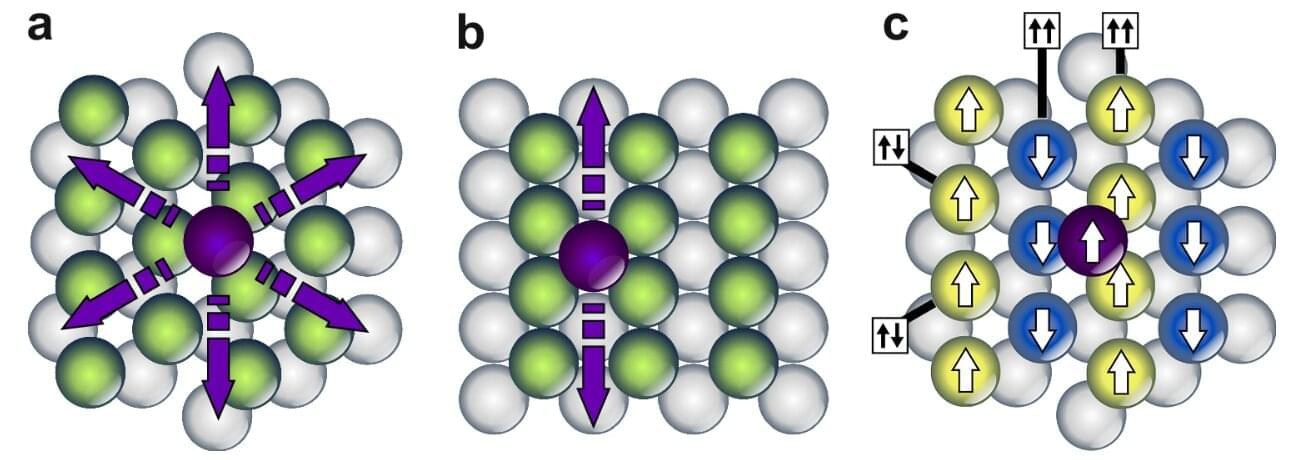Heat causes errors in the qubits that are the building blocks of a quantum computer, so quantum systems are typically kept inside refrigerators that keep the temperature just above absolute zero (−459 degrees Fahrenheit).
But quantum computers need to communicate with electronics outside the refrigerator, in a room-temperature environment. The metal cables that connect these electronics bring heat into the refrigerator, which has to work even harder and draw extra power to keep the system cold. Plus, more qubits require more cables, so the size of a quantum system is limited by how much heat the fridge can remove.
To overcome this challenge, an interdisciplinary team of MIT researchers has developed a wireless communication system that enables a quantum computer to send and receive data to and from electronics outside the refrigerator using high-speed terahertz waves.
(From 2023)
A new wireless terahertz communication system enables a super-cold quantum computer to send and receive data without generating too much error-causing heat.
